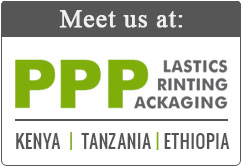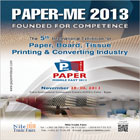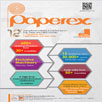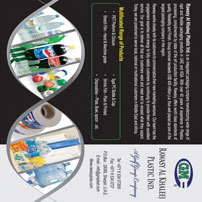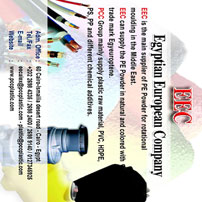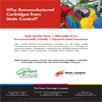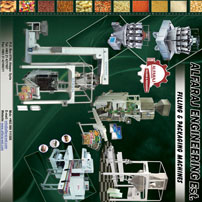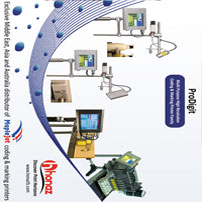

M a r k e t N e w s
Africa’s regulators are smothering its innovators
Posted on : Friday , 23rd September 2016
The birth of mobile money transfer in Kenya has raised optimism about the potential of the continent to leapfrog in other technologies. However, Africa’s mobile technology is starting to look like an exception despite efforts to create start-ups using emerging technologies and platforms such as drones, 3D printing, robots and machine learning.
There are many reasons for the slow pace at which Africa is able to harness the power of emerging technologies and put them to economic use in the same way it did with mobile phones. One of them is the prevalence of regulatory cultures that suppress innovation.
But much of the legislative reform on innovation in Africa is devoted to creating new bureaucratic structures and seeking to guarantee a proportion of the GDP to research and development (R&D). These measures have their role but they are among the least useful in spurring innovation using emerging technologies.
Take commercial drones, whose global market is projected to reach $127 billion by 2020, as an example. In some circles this technology is stigmatized because of its military use. But the top projected civilian applications include infrastructure, agriculture, transport, media and entertaining, insurance, telecommunications and mining. Many of these will benefit African countries seeking to leapfrog traditional data collection services and land-based transportation infrastructure.
But none of such benefits will accrue to nations that use old laws to suppress the new technology. Ghana for example, has issued new directives under which those operating unregistered drones could be jailed for up to 30 years. The intent is to protect Ghana’s airspace. But without complementary policies to promote the drone sector, the regulation will simply crash this nascent sector.
This has already happened in Kenya where drone operations are highly restricted on security grounds. Nigerian policies are equally draconian, requiring registration fee of $4,000, compared to $5 in the US. The restrictions extend to the private sector. Drone-operating businesses must have a minimum share capital of $100,000. In addition, they must pay a one-time $2,500 processing fee. Then they require security clearance as well.
These requirements are reminiscent of the introduction of e-mail in Africa in the 1990s. E-mail could only be accessed by using a personal modem to dial London or Paris. Many countries imposed restrictions on the use of modems claiming that they could damage the national landline infrastructure. The restrictions were quickly rendered irrelevant by the introduction of mobile networks.
Ironically, some of the countries that are imposing heavy restrictions on civilian drone use are encouraging their use for military and policing purposes. The Ghanaian police received donations of drones for its operations. Nigeria is deploying drones in its fight against Boko Haram and marshaling the local oil industry.
It appears that some African countries are waking up to the dangers of imposing restrict rules on drone operations. Kenya is now working in new regulations for civilian drone operations. The regulations are partly a result of pressure from firms and organizations that want to use drones for film shooting, relief operations and other commercial activities.
Some of this change in policy is driven by the pioneering work of Rwanda in deploying cargo drones. The country is experimenting with the delivery of the new benefits include the ability to adopt them to diverse cargo delivery requirements in an economical way. These include being able to deliver medical supplies in small packages. But by being remotely controlled, drones are also susceptible to hacking. Countries seeking to promote a local drone industry need to include cyber-security concerns as part of their innovation policy.
It appears from challenges of introducing civilian technology in Africa that much of the continent has yet to learn the lessons from the introduction of mobile phones. The nations that pioneered in mobile communication recognized the potential impact of the technology and liberalized the policy environment accordingly. They were aware of the risks of the technology but their decisions were based on balancing them with the benefits.
But even more importantly, early mobile technology adopters such as Kenya put in place policies that were aimed at promoting the wider adoption of mobile phones, especially in rural areas. This was achieved by using business models that relied on small denomination prepaid cards and low-cost mobile phones. Over time, mobile telephony has emerged as a platform for other industries well beyond the original voice communication objectives. The emergence of other mobile services would not have happened if the regulators had focused on restricting the use of the technology.
Such visionary leadership and entrepreneurial courage will be needed if Africa is to benefit from emerging technologies such as drones, 3D printing, gene editing, robots and machine learning. But applying restrictions based on existing laws make the successes of mobile communications look like an irreproducible historical accident.
Source : qz.com


